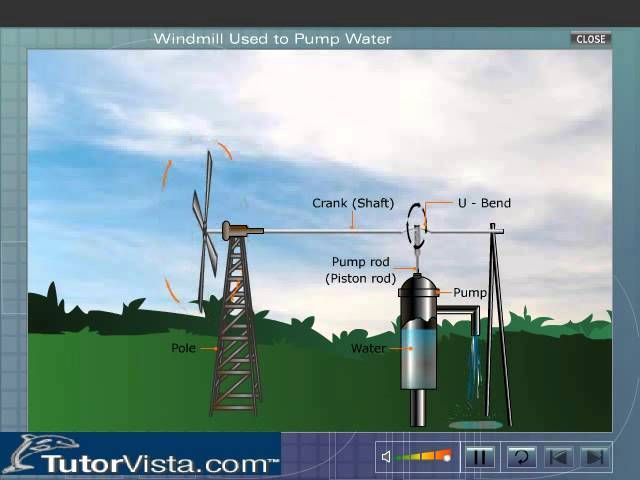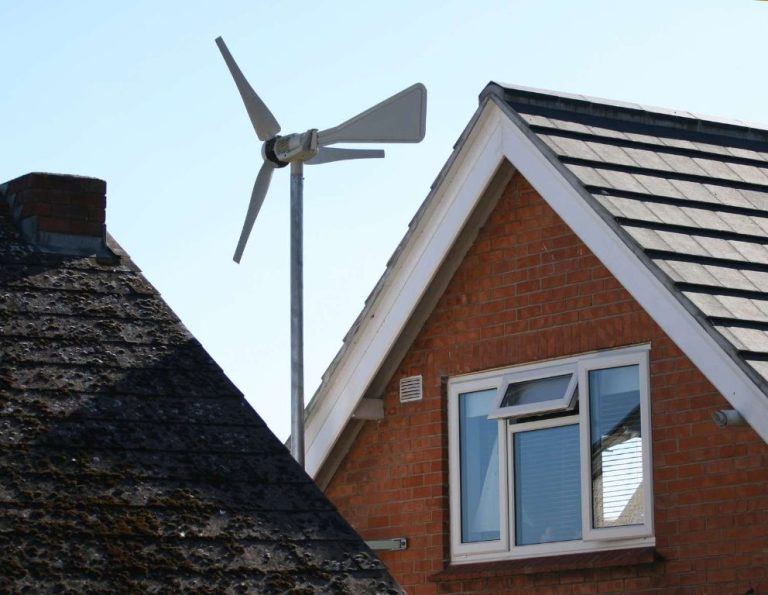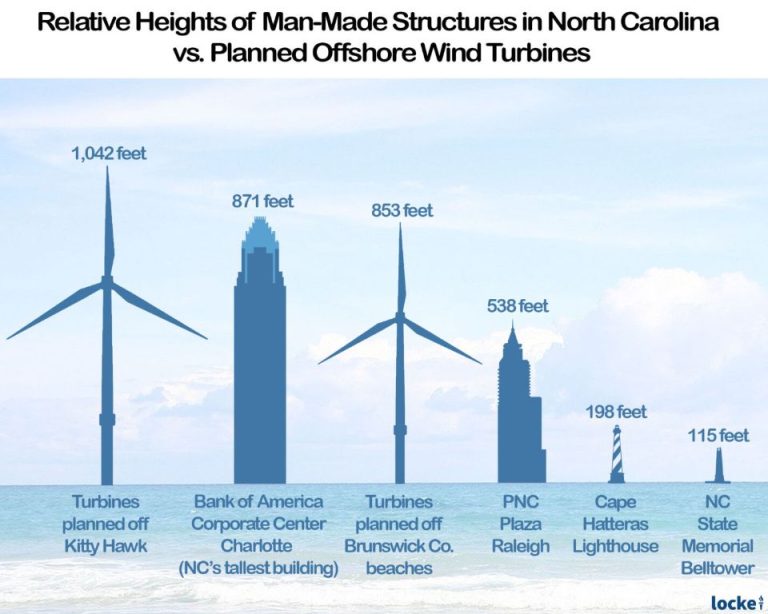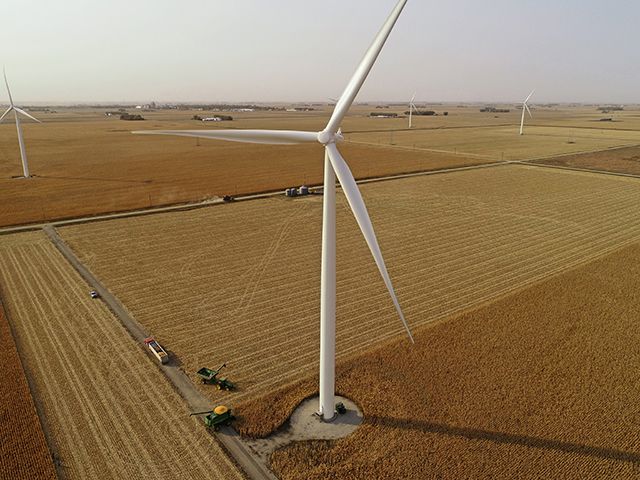How Do I Start A Career In Wind Energy?
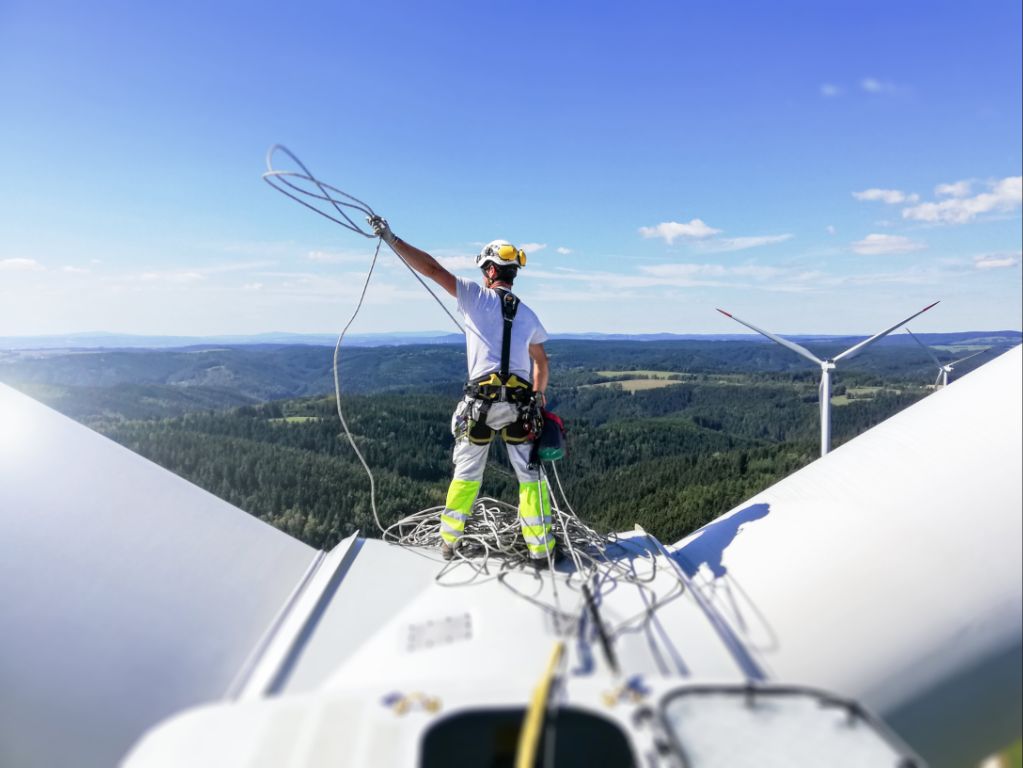
Wind energy has become one of the fastest growing sources of renewable energy and employment in the United States. According to the U.S. Department of Energy, the number of wind energy-related jobs in the U.S. reached a new record of over 116,000 in 2021, representing over a 50% increase in the past decade.
The wind industry is comprised of a range of occupations involved in areas like turbine manufacturing, construction, operations, maintenance, project development, transportation and more. Jobs are available for workers with various backgrounds and education levels.
Starting a career in wind energy can provide opportunities to contribute to the development of clean, renewable power while gaining skills applicable across a broad range of industries. This guide covers key information on education requirements, skills, experience, job types, finding openings, applying, advancing and more in the wind energy field.
Education Requirements
Education requirements for a career in wind energy vary depending on your interests and the type of role you want to pursue. While some roles require an engineering or science degree, many technical and trade positions can be obtained through shorter certificate or training programs.
For engineering and design roles, a bachelor’s degree in engineering is typically required. Mechanical, electrical, and aeronautical engineering are common majors for wind energy careers. Coursework in these programs covers topics like physics, calculus, fluid dynamics, thermodynamics, circuits, and materials science. Hands-on lab experience is also valuable.
For technician and trade positions, shorter certificate or training programs focused specifically on wind energy are available. Many community colleges and technical schools offer programs in wind turbine technology, troubleshooting, maintenance, and repair. These programs provide practical training on skills like turbine installation, inspection, blade repair, and electrical systems.
In general, coursework and training in electricity, mechanical systems, computer technology, physics, math, electronics, and environmental science are applicable to many wind energy careers. While some roles require an advanced engineering degree, hands-on technical skills can be obtained through shorter certificate programs.
Essential Skills
Working in the wind energy industry requires strong skills in math, analytics, information technology, and communication (https://energy5.com/wind-energy-and-future-careers-preparing-students-for-green-jobs). Math skills such as algebra, geometry, trigonometry, and calculus are essential for understanding technical concepts and performing complex calculations. Analytical abilities allow workers to interpret data, identify issues, and solve problems. Information technology skills are necessary as wind farms rely heavily on computers, software, and automation. Finally, good communication is vital for collaborating with team members, relaying important information, and interfacing with clients and stakeholders.
Helpful Experience
Previous experience in renewables, construction, or electronics can be advantageous for starting a career in wind energy. Many jobs in the wind industry require technical skills that can be gained through working in related fields. For example, experience as an electrical technician or mechanic is useful background for becoming a wind turbine service technician, who maintains and repairs wind turbines. Construction experience is valuable for wind turbine technicians, who assemble and install turbines. Working in solar power or other renewable energy industries provides cross-over skills in clean energy. Engineering, project management or business development experience in any industry also gives relevant skills for wind energy careers such as wind farm developer or wind energy engineer.
Job Types
The wind energy industry offers a wide variety of job roles that require different skills and backgrounds. Some of the most common wind energy jobs include:
Field Technician
Field technicians are responsible for the operation, maintenance, and repair of wind turbines. This is an outdoor, hands-on position that involves climbing wind turbines to inspect equipment and conduct routine maintenance. Field technicians need training in areas like turbine systems, safety, electrical repair, and mechanical skills.1
Engineer
Engineers design, develop, and test wind energy systems. They work on improving turbine efficiency, reliability, and cost-effectiveness. Engineering roles in wind energy include electrical, mechanical, civil, and aerospace engineering. Engineers need a bachelor’s degree in engineering and knowledge of wind energy systems and technology.1
Project Manager
Project managers oversee the development, construction, and operation of wind farms. They coordinate teams to complete projects on time and budget. Project managers need skills in areas like planning, budgeting, team leadership, contract management, and problem solving. Many have engineering backgrounds or construction management experience.1
Finding Job Openings
There are a few key places to look for open positions in the wind energy industry:
- Online job boards like Indeed, Monster, ZipRecruiter, and SimplyHired often have listings for wind tech and turbine technician roles across the country. Checking these sites regularly can help you find openings as soon as they’re posted.
- The career sites of major wind energy companies like Vestas, Siemens Gamesa, GE Renewable Energy, and others will list open positions at their wind farms and facilities. Visiting the career sections on company sites directly allows you to target your search.
- Industry associations like the American Wind Energy Association, RenewableUK, and Canadian Wind Energy Association have job boards showing openings at member companies in the wind sector.
- LinkedIn is a top resource for professional connections and networking, and their job board features many wind energy openings. The site allows you to narrow searches by location, job title, company, and more.
Checking these sources regularly and setting up job alerts can help you find the best wind energy job opportunities as they become available. Focusing your search on openings requiring skills you have makes it easier to put yourself out there as a strong candidate.
Sources:
https://www.linkedin.com/advice/0/how-can-you-tap-your-network-find-wind-energy-6borf
https://groups.diigo.com/group/careers
Applying and Interviewing
When applying for wind energy jobs, be sure to customize your resume and cover letter to highlight relevant skills, education, and experience. Mention any wind energy courses, internships, or hands-on experience you have. Some key skills to highlight include mechanical aptitude, electrical knowledge, computer literacy, problem-solving, physical stamina, and ability to work at heights.
In your cover letter, explain why you are interested in wind energy and how your background qualifies you for the role. Emphasize any passion or personal connection you have to renewable energy.
During interviews, be prepared for technical questions on topics like turbine equipment, power transmission, and safety procedures. Have specific examples ready of projects or coursework you’ve done relating to mechanical, electrical and systems engineering. Be ready to talk knowledgeably about the company and current issues facing the wind industry.
Come prepared to interview with confidence. Demonstrate your enthusiasm for launching your wind energy career and joining a company in this growing field.
Career Advancement
There are many opportunities for career advancement in the wind energy industry. Here are some of the common progression paths:
Specialization – As you gain experience, you can choose to specialize in a certain area such as turbine technology, project development, operations and maintenance, or wind resource assessment. Specializing allows you to become an expert in a niche field.
Management roles – With several years of experience, you may have the chance to transition into management roles such as site manager, project manager, or various leadership positions. This allows you to oversee teams and be involved in higher-level decision making.
Some other advancement opportunities include:
- Becoming a trainer to help onboard and develop new employees
- Moving into sales, marketing or business development roles
- Earning certifications to showcase your expertise
- Relocating to work on larger scale projects
The wind industry values experience, so staying with a company long-term and demonstrating leadership abilities can help open doors for your career.
Salary and Benefits
Pay can vary substantially depending on your exact role and level of experience in the wind energy industry. However, salaries tend to be competitive overall.
According to the Bureau of Labor Statistics, wind tech salaries range from $35,000-$40,000 for entry-level positions to over $100,000 for more senior roles [1]. Wind turbine technicians specifically make an average of $24.88 per hour, which equates to about $51,750 per year [2].
Wind energy engineers tend to earn higher salaries than technicians, with an average of $77,245 per year according to one report [3]. Experienced engineers can make well over $100,000.
Most wind energy companies offer standard benefits like health insurance, retirement plans, and paid time off. Larger companies may also provide education stipends, profit sharing, and bonuses for performance and safety.
Future Outlook
The future looks bright for careers in wind energy. According to a report by the European Wind Energy Association (EWEA), the wind industry expects massive growth and job creation over the next decade. EWEA projects the wind workforce in Europe to grow from 215,000 jobs in 2020 to 529,000 jobs in 2030 – more than doubling over just 10 years.
This growth is driven by the increasing competitiveness of wind energy, advancements in technology, and strong policy support as countries aim to meet renewable energy and emission reduction targets. With wind energy already one of the cheapest sources of new electricity in many markets, costs are projected to fall further. This makes wind an attractive option for replacing retiring fossil fuel generation and meeting rising electricity demand.
The transition to clean energy is expected to continue creating sustainable “green jobs” into the long-term future. The International Renewable Energy Agency (IRENA) estimates that achieving carbon neutrality by 2050 would quadruple the number of renewable energy jobs worldwide to 42 million. With skilled workers needed at every project stage from manufacturing to operations, the renewable energy job boom creates exciting opportunities across many occupations and career levels.

